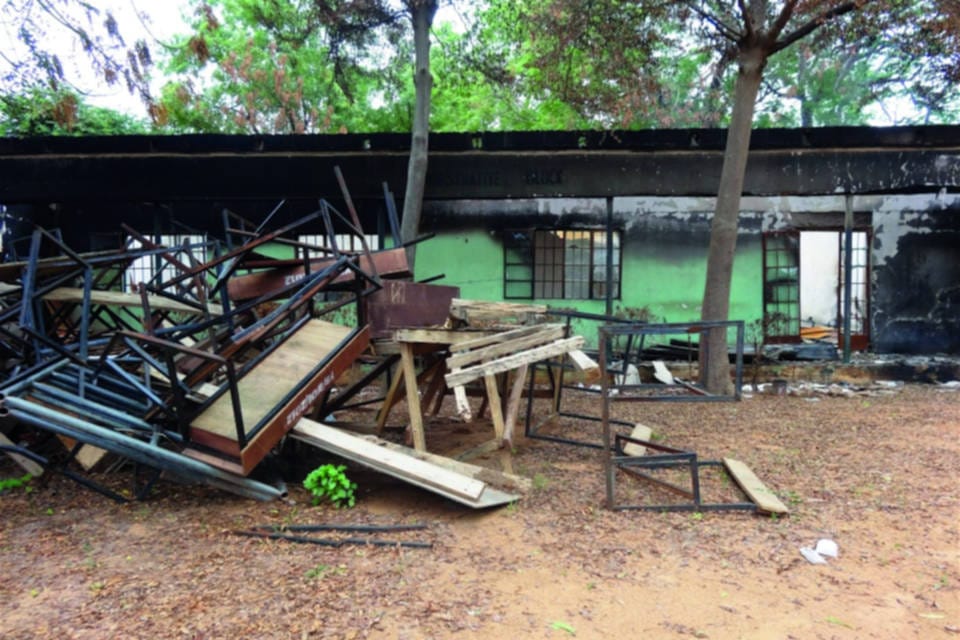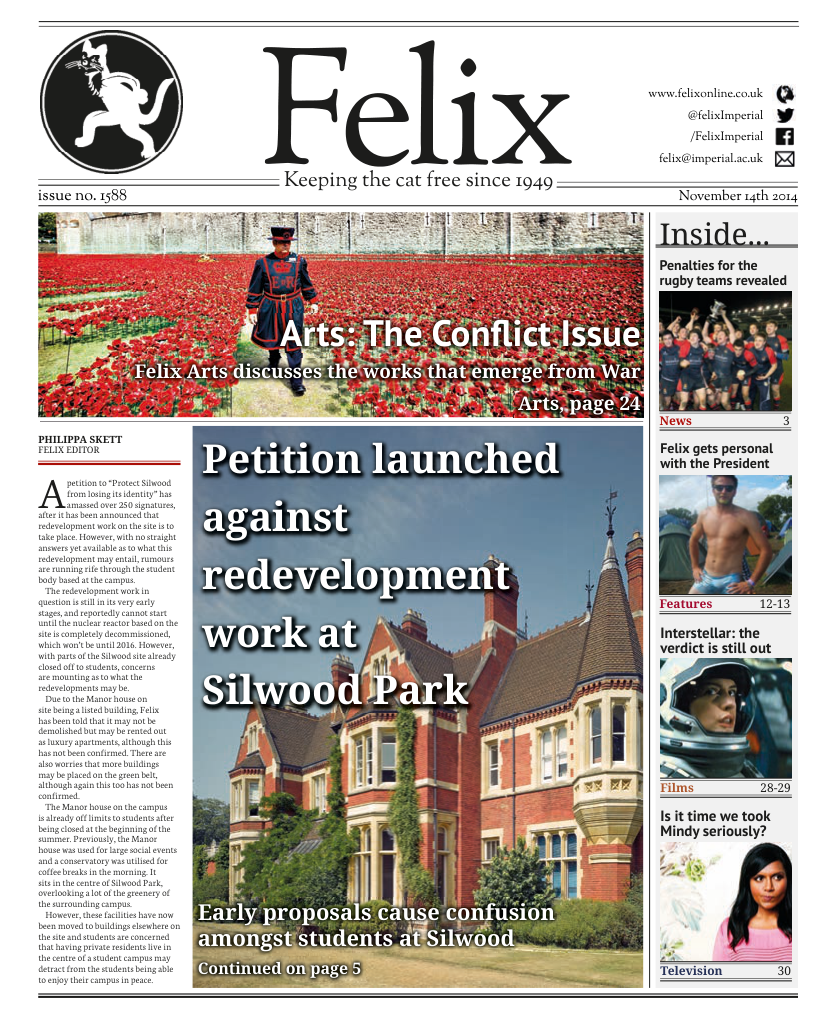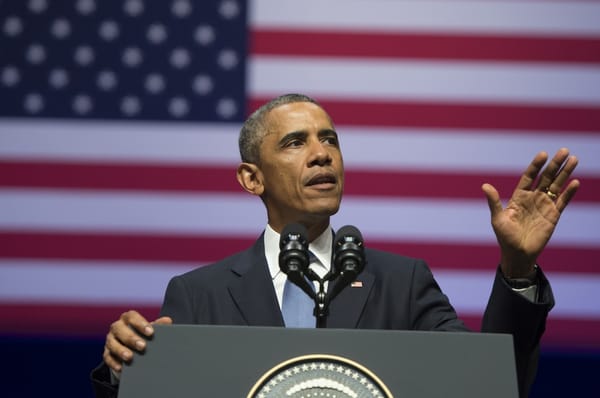World News: 47 killed by a suicide bomb in Nigeria
Explosion was detonated by a female suicide bomber

On the morning of Monday 13th November, an explosion detonated by a female suicide bomber killed 47 people and injured 79 others in Yobe, Niberia. The attack took place at a local school, and the suicide bomber entered the school undetected, wearing a school uniform and carrying explosive materials in a backpack.
The attack follows a five-year Islamic insurgency in the country, and it is believed that it was orchestrated by the Islamic extremist group Boko Haram.
The group has been responsible for a number of other attacks on Nigerians, notably the kidnapping of 276 girls from a town in North Eastern Nigeria in April 2014.
The failure of government and military forces to effectively fight the insurgency has caused widespread anger amongst the Nigerian people, and indeed soldiers who arrived at the school disaster were chased and heckled by the people for failing to deal with Boko Haram.
The attack took place during an assembly attended by 2,000 students at the Government Technical Science college. Musa Ibrahim Yahaya, one of the students who survived the blast, said that he “… heard a deafening sound and I was blown off me feet. People started screaming and running, I saw blood all over my body.”
Musa is being treated for some minor head wounds but unfortunately some of his peers have more serious injuries, some of which may require amputations.
Boko Haram, the primary suspects for the brutal attack, are notorious violent non-state actors, with ideologies much like ISIL.
The groups advocates a particularly strict form of Sharia law, and its ultimate aim is to establish an Islamic state in Nigeria. It completely opposes Western influence on Nigerian society, and wishes to focus its efforts on the mainly Christian Southern region of the country.
The Boko Haram are a Jihadist group that actively seek and kill people who engage in activities that they consider to be ‘non-Islamic,’ such as dinking alcohol, attending school if you’re a girl and not wearing the full niqab.
Interestingly, for 7 years since the group was founded, it was not so violent and mainly practiced its beliefs in remote villages of the North-Eastern Region of the country.
In 2009, Nigerian police arrested nine Boko Haram members who were suspected to be planning terrorist attacks, with their weapons and bomb-making equipment also confiscated.
Since 2011, the group’s steady rate of attacks has claimed many lives, and the attacks are only increasing in scale. As the group continues to pillage the country, there is increasing pressure on the Nigerian government to deal with the insurgents in order to restore peace to the country.









